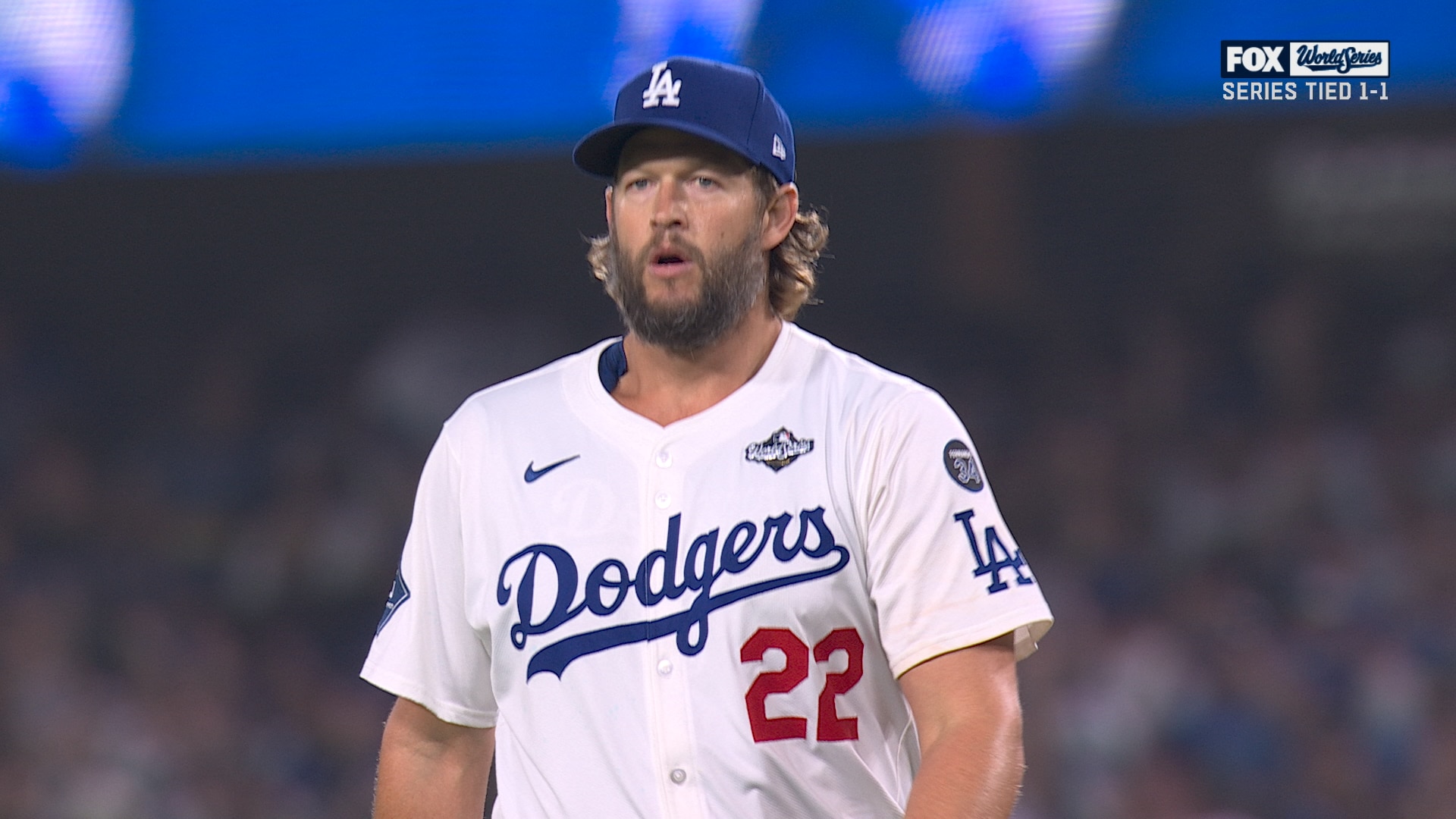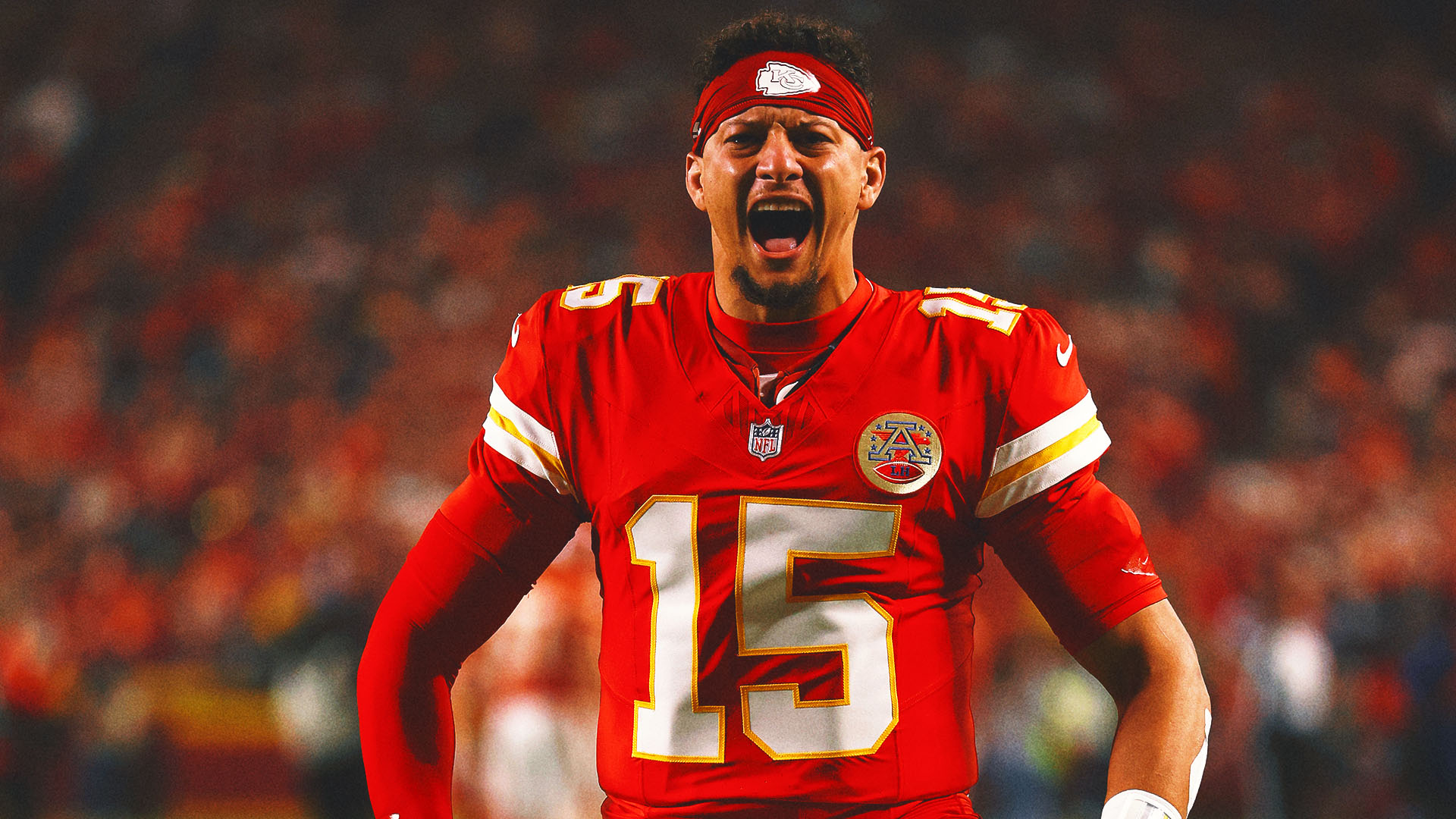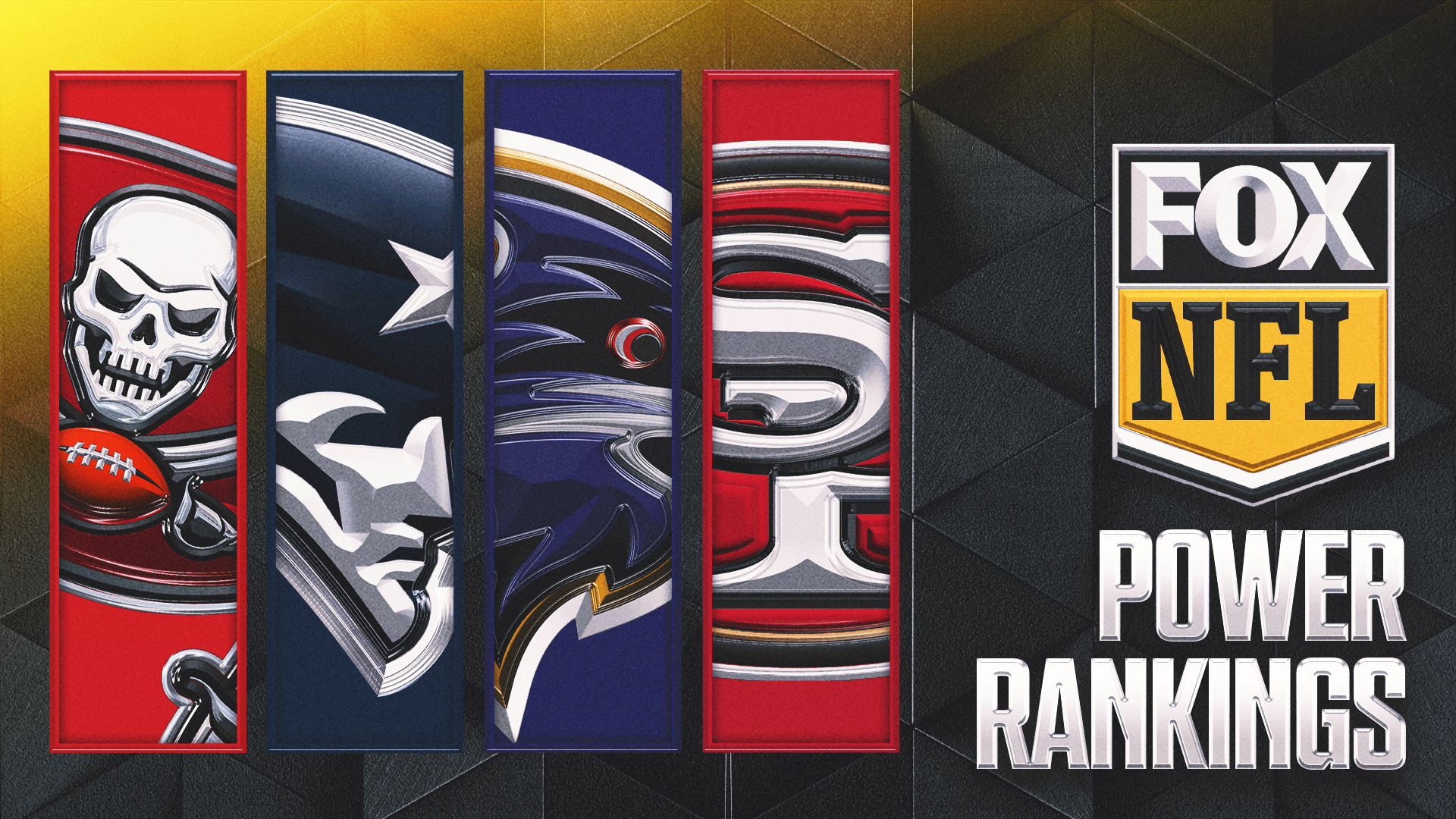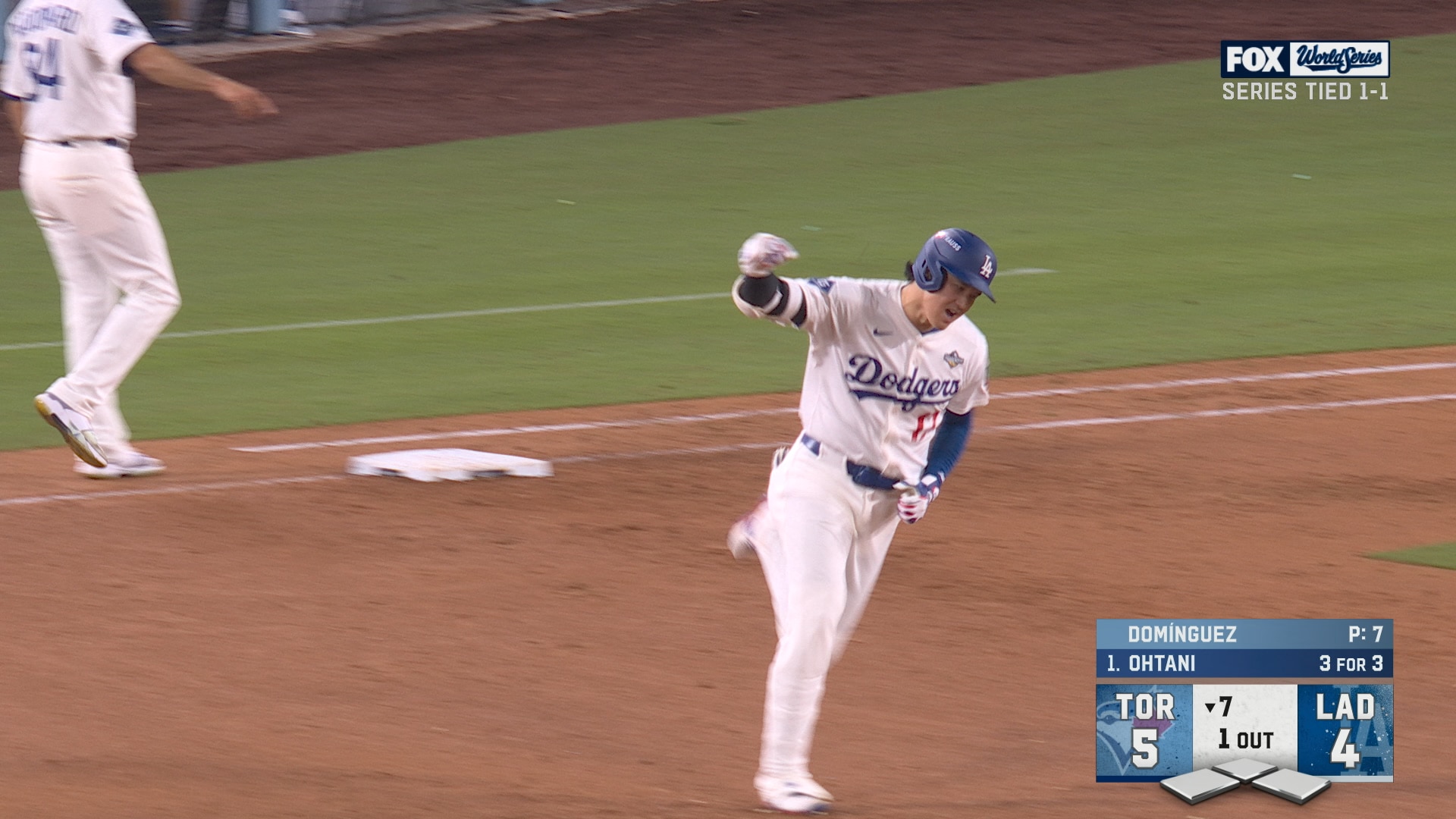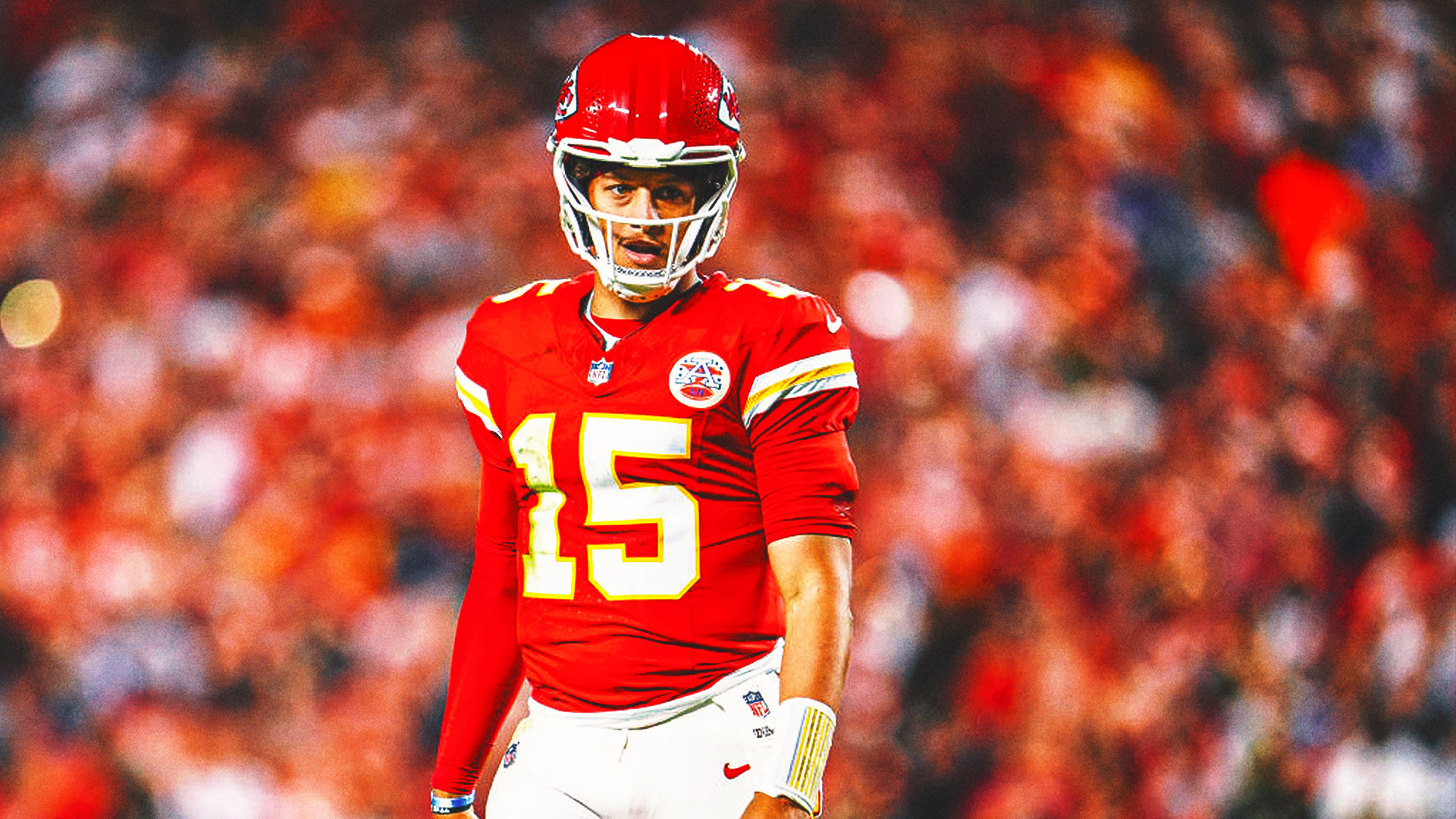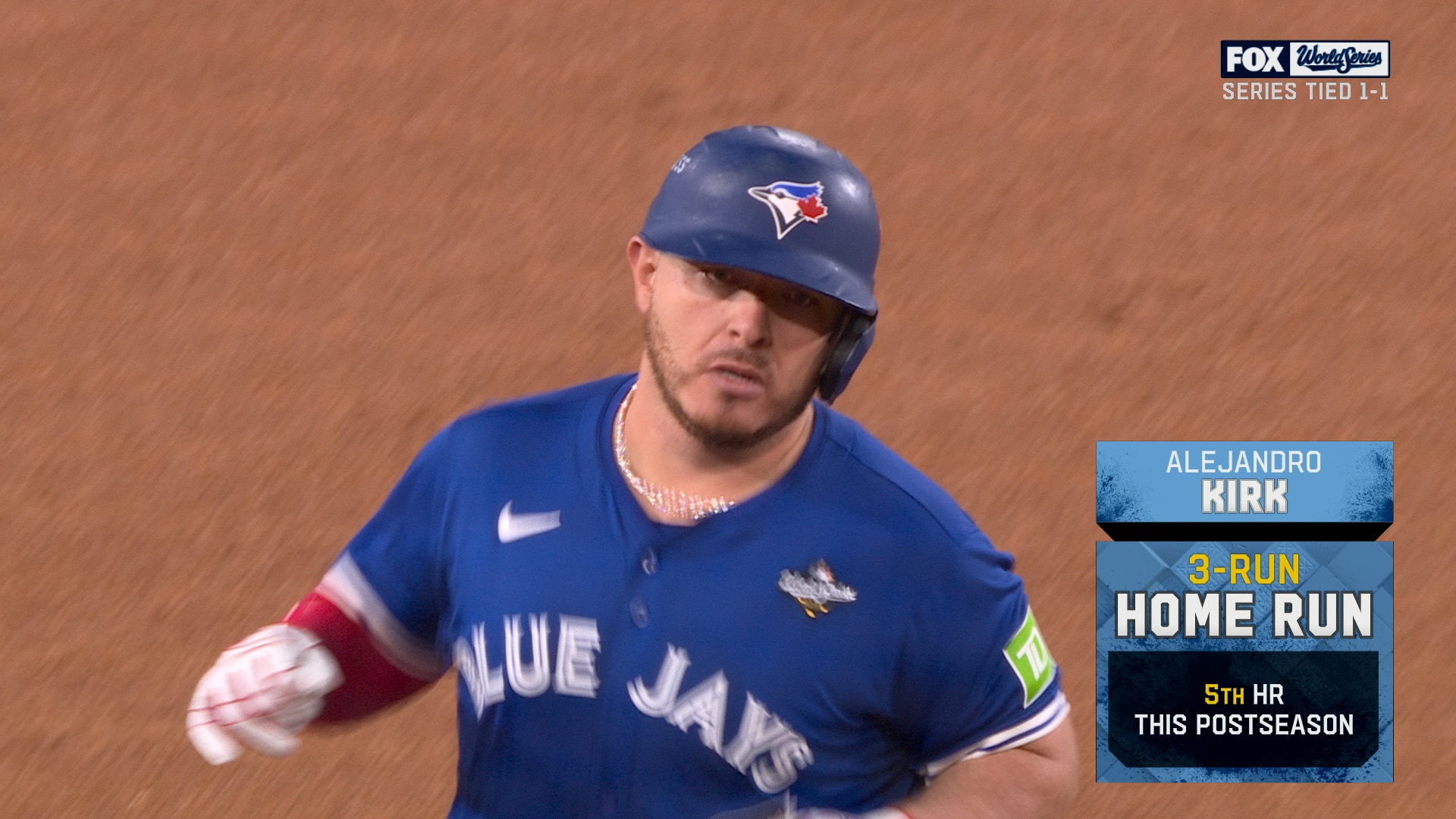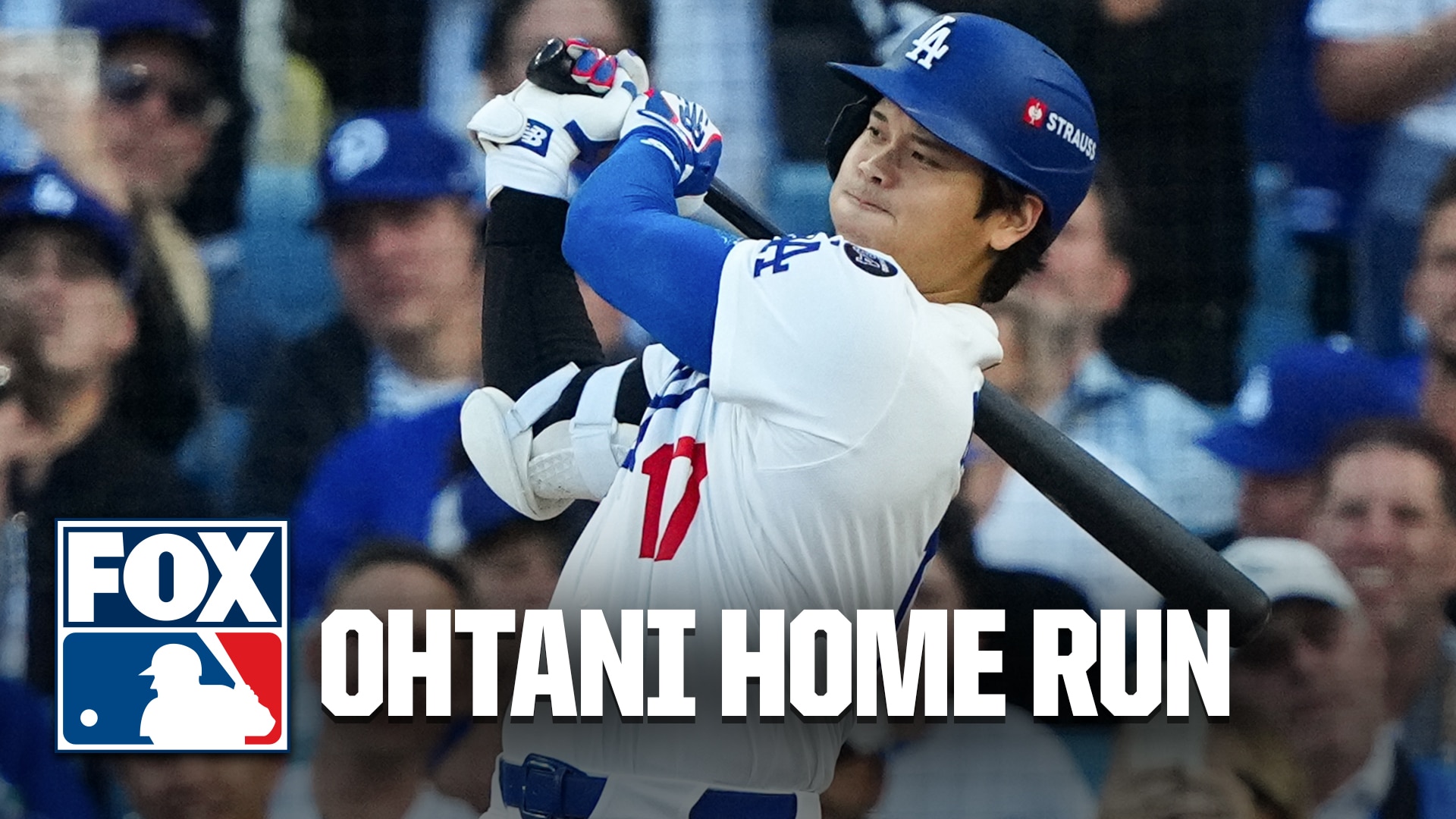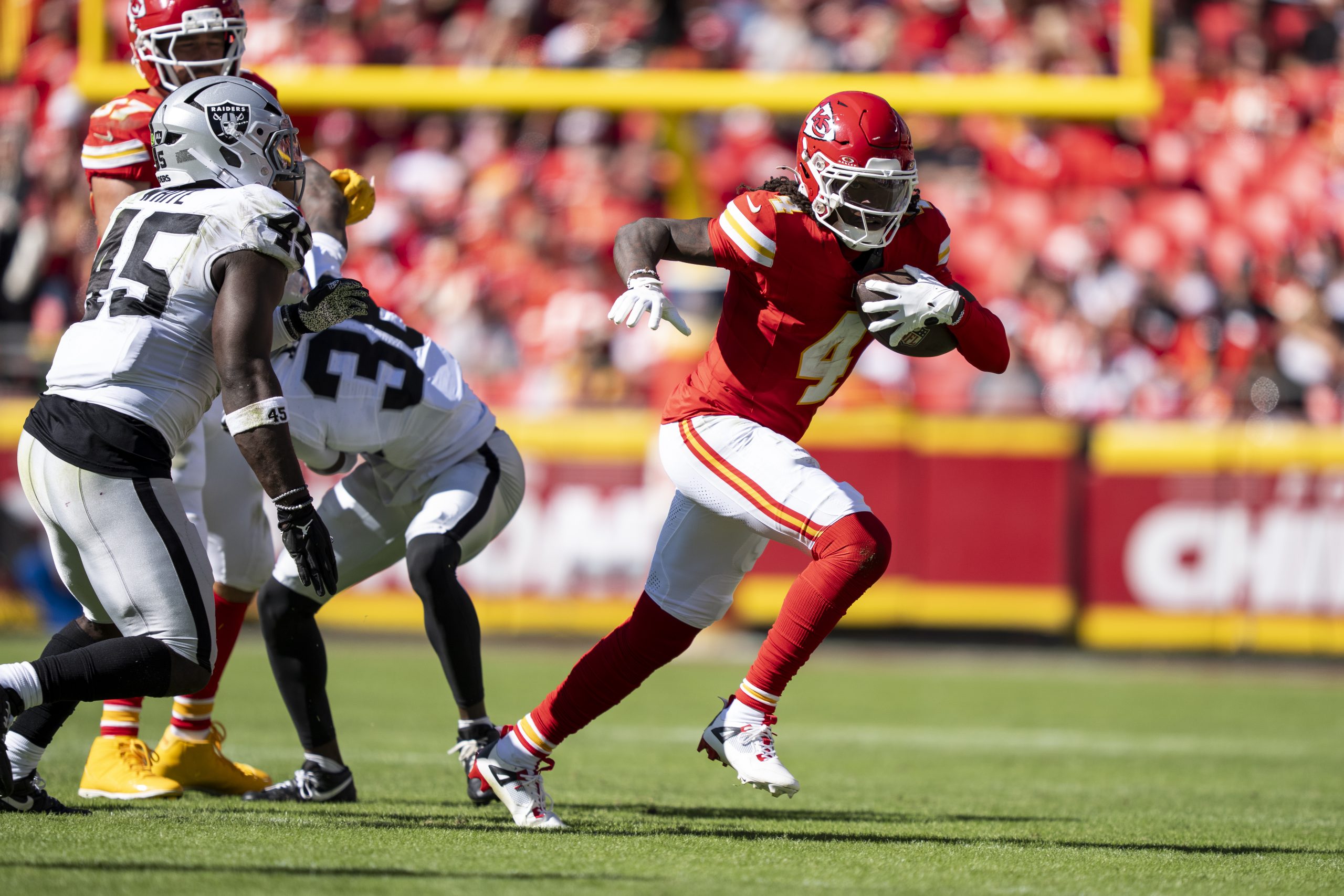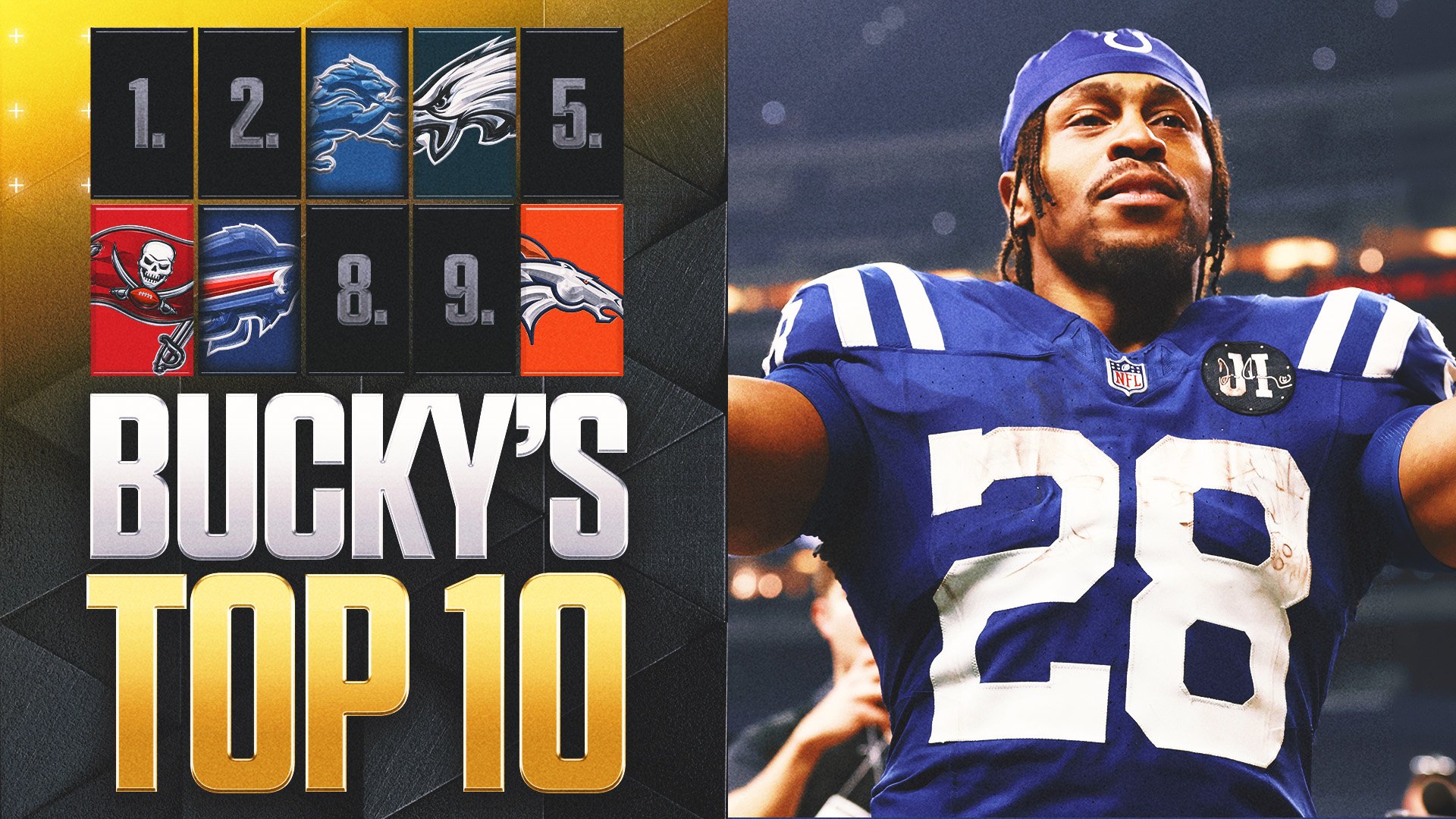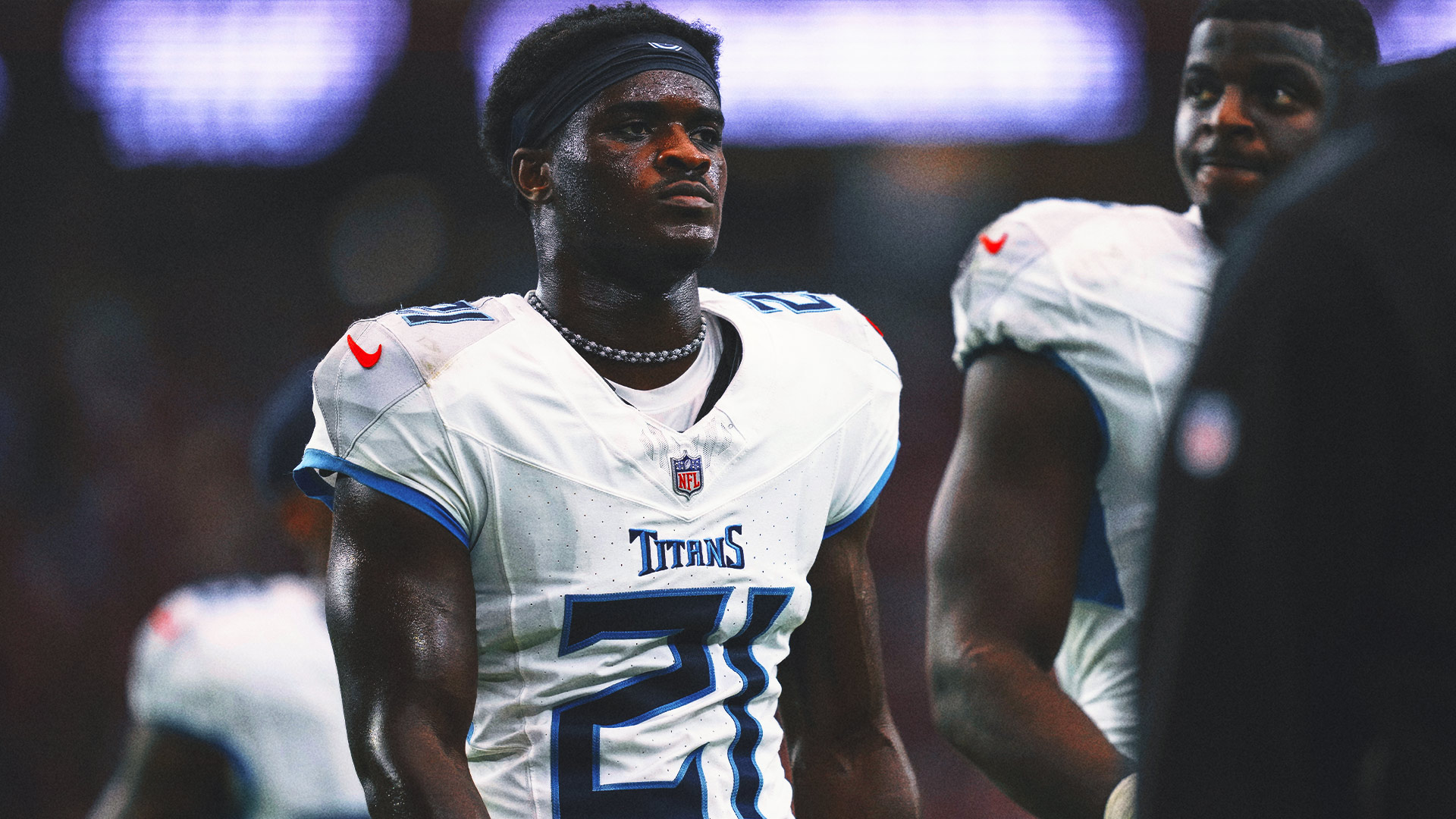LOS ANGELES — The largest chunk of what could be another record-setting pool of postseason player compensation in Major League Baseball is about to be generated this week at Dodger Stadium.
As the World Series shifts to California for Games 3–5 of the World Series between the Blue Jays and Dodgers, MLB’s largest facility is set to be a major financial engine to generate revenue for players competing in the postseason. Depending on the final numbers, that revenue could once again be arriving at historic levels.
MLB player contracts cover their performance during the regular season, but those competing in the postseason are then paid through a separate pool. That pool is created from 60% of the gate receipts from the first four games of the World Series and each league championship series, and the first three games of each division series, and then 50% of the receipts from the first two games of each wild-card series.
As a result, the postseason player pool often exists as a function of the ballpark capacities of the competing teams. No team fuels that more than the Dodgers, playing at home in the 56,000-capacity Dodger Stadium and MLB’s perennial attendance leader. Games 3 and 4 of the World Series, meanwhile, will blend that big facility size with face-value ticket prices in Los Angeles starting at nearly $900, including fees.
With the Dodgers winning last year’s championship, the player pool reached a record $129.1 million, shattering the prior record by more than $21 million, with Los Angeles claiming $46.47 million of that. The World Series winner gets 36% of the pool, the other league champion receives 24%, the league championship losers share 24%, the four division series losers split 13%, and the four wild-card losers divide 3%.
This year’s 12-team MLB postseason field had five new teams compared to last year, most notably the Blue Jays and the Mariners, with Seattle playing in MLB’s third-largest stadium in T-Mobile Park. Overall, the mix of competing playoff teams this year have slightly larger ballparks, suggesting that another record player pool is on the way.
Team Math
Players on the playoff teams then have private meetings to divide their respective pools into full individual shares, partial shares, and cash awards, with other club personnel, such as clubhouse attendants, potentially receiving life-changing amounts of money from players.
For young players who haven’t become eligible for arbitration or free agency, those awards can also be quite impactful financially. Based on last year’s totals, a full share for the Blue Jays will be at least $350,000, and potentially much more should they defeat the Dodgers for the World Series title.
That sum is far more than the 2025 major league salary of $57,204, prorated from the league minimum, for Toronto pitcher Trey Yesavage, who was called up from the minors for just the last two weeks of the regular season, but went on to start Game 1 of the World Series for the Blue Jays. The postseason share he’ll receive will be at least roughly half of the 2026 MLB league minimum of $780,000.
Blue Jays manager John Schneider, however, was still quick to point out the $4.17 million signing bonus the pitcher received after being drafted last year with the 20th pick.
“He’s making more money than me. He’s got more money than me,” said Schneider, whose salary is reportedly about $2.5 million.
The post Dodger Stadium Games Could Push MLB Payouts to Record Highs appeared first on Front Office Sports.

 8 hours ago
16
8 hours ago
16



